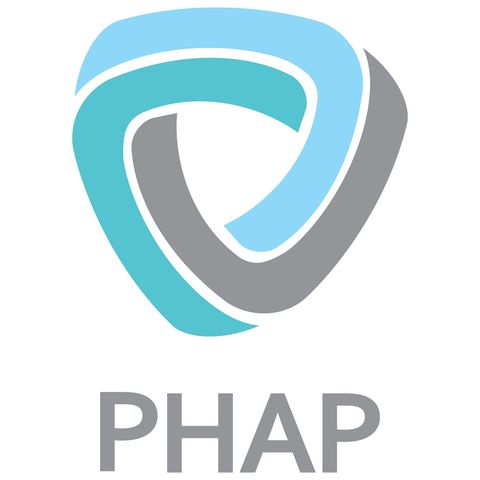Expert Briefing: IHL regulating humanitarian activities (Humanitarian Law and Policy)
Jun 13, 2016 ·
1h 1m 2s

Download and listen anywhere
Download your favorite episodes and enjoy them, wherever you are! Sign up or log in now to access offline listening.
Description
With Bruno Demeyere, Legal Adviser at the International Committee of the Red Cross (ICRC) For more info, go to https://phap.org/9jun2016 What do the 1949 Geneva Conventions say about the right...
show more
With Bruno Demeyere, Legal Adviser at the International Committee of the Red Cross (ICRC)
For more info, go to https://phap.org/9jun2016
What do the 1949 Geneva Conventions say about the right of impartial humanitarian organizations to offer their services and about the way in which Parties to a conflict need to respond to such an offer? How has practice over the past 60 years in this area influenced the interpretation of the law?
In the 1950s, the ICRC published a set of commentaries on the four Geneva Conventions, giving practical guidance on their meaning and implementation. In order to capture the practice gained in implementing and interpreting the Geneva Conventions since then, a multi-year project to update these commentaries is underway. The first new commentary in this series was published earlier this spring by the ICRC: the updated Commentary on the First Geneva Convention.
Importantly, this new publication includes an updated commentary on the scope and meaning of Common Articles 3(2) and 9, dealing with the offer of services by impartial humanitarian organizations in non-international and international armed conflicts respectively.
Targeted to legal practitioners as well as humanitarian practitioners needing an advanced understanding of IHL, this briefing event will cover the main points in the commentary concerning the following issues:
What are the conditions to be an "impartial humanitarian organization" under IHL?
What is covered by the term "humanitarian activities"?
Who can benefit from such humanitarian activities?
What does the obligation to obtain consent of the Party to the conflict concerned mean in practice?
What are the duties of third states in allowing and facilitating humanitarian activities?
The session will start with a brief overview of the Commentaries project, after which participants will be presented with the main substantive findings of the research on Common Articles 3(2) and 9 of the Geneva Conventions and what this means for humanitarian practitioners. Following this, there will be an opportunity for questions and discussion.
show less
For more info, go to https://phap.org/9jun2016
What do the 1949 Geneva Conventions say about the right of impartial humanitarian organizations to offer their services and about the way in which Parties to a conflict need to respond to such an offer? How has practice over the past 60 years in this area influenced the interpretation of the law?
In the 1950s, the ICRC published a set of commentaries on the four Geneva Conventions, giving practical guidance on their meaning and implementation. In order to capture the practice gained in implementing and interpreting the Geneva Conventions since then, a multi-year project to update these commentaries is underway. The first new commentary in this series was published earlier this spring by the ICRC: the updated Commentary on the First Geneva Convention.
Importantly, this new publication includes an updated commentary on the scope and meaning of Common Articles 3(2) and 9, dealing with the offer of services by impartial humanitarian organizations in non-international and international armed conflicts respectively.
Targeted to legal practitioners as well as humanitarian practitioners needing an advanced understanding of IHL, this briefing event will cover the main points in the commentary concerning the following issues:
What are the conditions to be an "impartial humanitarian organization" under IHL?
What is covered by the term "humanitarian activities"?
Who can benefit from such humanitarian activities?
What does the obligation to obtain consent of the Party to the conflict concerned mean in practice?
What are the duties of third states in allowing and facilitating humanitarian activities?
The session will start with a brief overview of the Commentaries project, after which participants will be presented with the main substantive findings of the research on Common Articles 3(2) and 9 of the Geneva Conventions and what this means for humanitarian practitioners. Following this, there will be an opportunity for questions and discussion.
Information
| Author | PHAP |
| Organization | PHAP |
| Website | - |
| Tags |
Copyright 2024 - Spreaker Inc. an iHeartMedia Company
